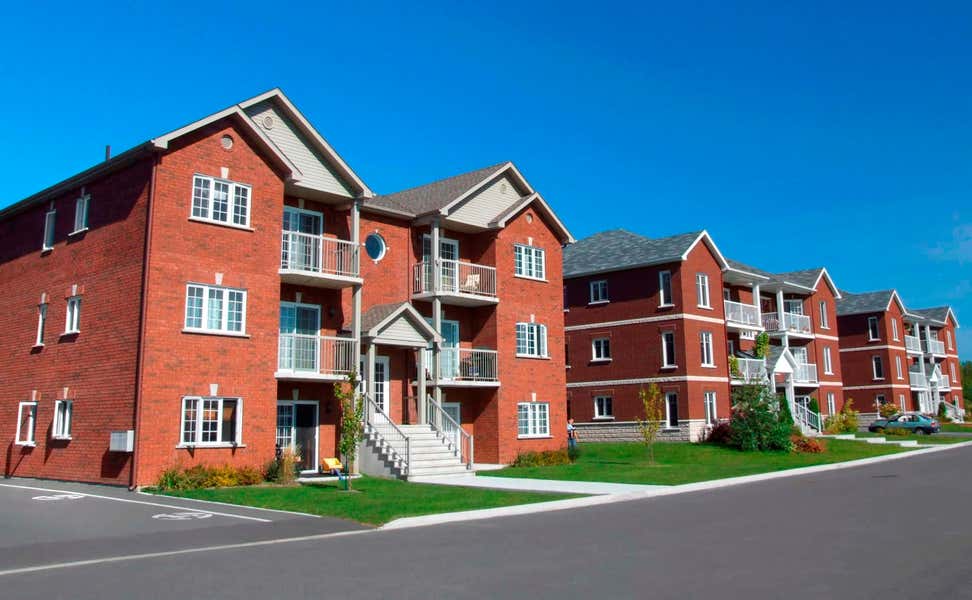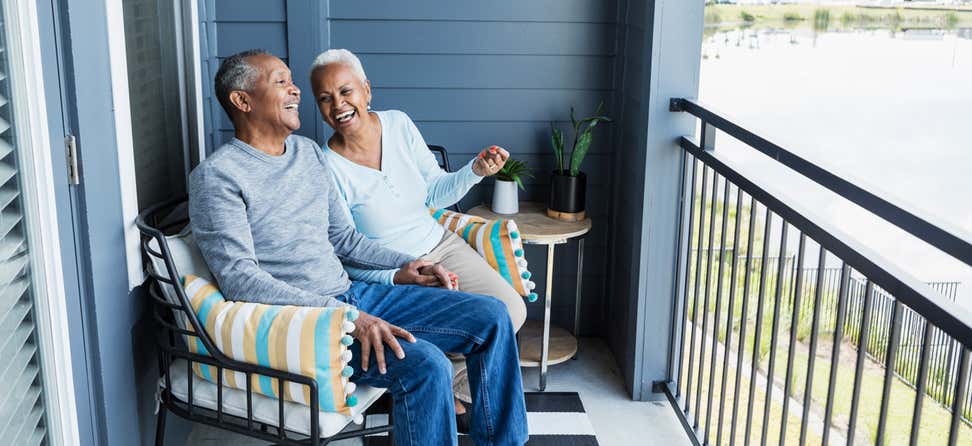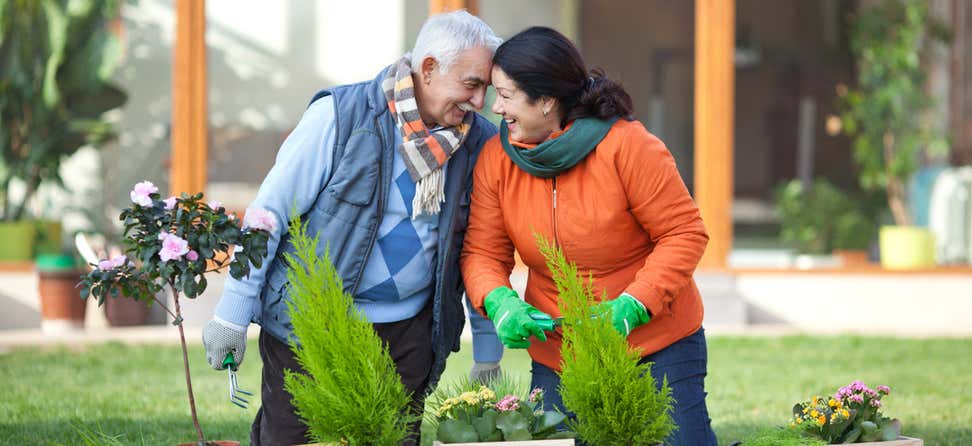Key Takeaways
It's important to weigh your physical and financial needs when considering where to live as you age.
Ask yourself several questions about taxes and preferred community to decide what housing may be best for you.
When weighing your housing choices as you age, it is important to consider your community as well as your dwelling. By selling and moving, you could live in a community that offers greater benefits and freedom.
Ask yourself the following questions to see if some of today’s new residential options are a good fit for your personal situation.
What taxes will I pay in retirement?
Tax rates vary by state, county, and city. Learn about local property tax, state sales tax, and any other assessments to help you calculate your relocation costs. The Retirement Living Information Center lists sales taxes, personal income taxes, and property taxes by state.
RV owners rent their lot and do not pay property taxes. However, they need to pay licensing costs, which can be a flat fee or may be proportional to the value of the RV in states where RVs are taxed as property.
Are there low-cost housing options?
If you are over age 62 and your income is limited, you may qualify for an apartment in an affordable senior housing community. These housing communities are funded through the HUD Section 202 program. Under this program, rent is based on the participant’s adjusted gross income, which is calculated by subtracting approved medical expenses from income. The resident pays 30% of their adjusted gross income for rent.
Use our BenefitsCheckUp® screening tool to see if you may qualify for affordable housing, and other programs that can help pay for your household and personal costs in retirement.
What is a continuing care retirement community (CCRC)?
A CCRC offers all levels of care at one location so residents can continue to live as independently as possible as their need for help grows. Active residents live in an apartment or single-family home. Those who need help with daily activities might move to the assisted living unit. Residents with serious medical conditions can get skilled nursing care or rehabilitation on the CCRC campus. Learn more and search for a CCRC near you.
What is a Village and how can it help me to age in place?
Villages are membership-driven, grassroots organizations that coordinate and deliver programs and services that make it easier for their members to stay at home as they grow older. These neighborhood organizations can be an alternative to a retirement community or assisted living facility. To find a Village or learn how your community can organize one in your neighborhood, visit the Village to Village Network.
What are the benefits of cohousing?
Cohousing is a type of collaborative housing where residents participate in designing the community so that it meets their needs. Private residences are clustered together and face each other across a pedestrian street or courtyard. These communities usually have shared amenities such as a playground, pool, clubhouse, garden, kitchen, and dining facility. Residents manage the community and maintain the property. They often share common meals, meet to solve problems, and help each other with daily tasks such as shopping, which can help older residents to stay at home. The Cohousing Association of the United States can help you learn more about this housing option and find a community.
I want to stay in my own home. What are my options for using my home equity?
NCOA's booklet Use Your Home to Stay at Home© can help you to explore options such as reverse mortgages and home equity loans and lines of credit so that you can remain living in the home you have now.









